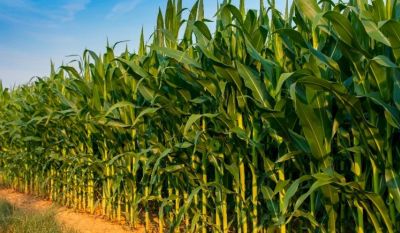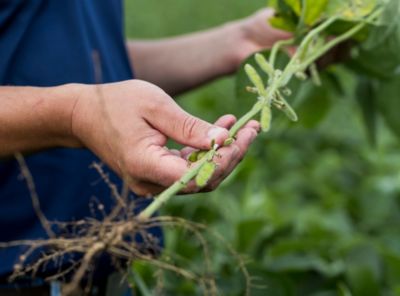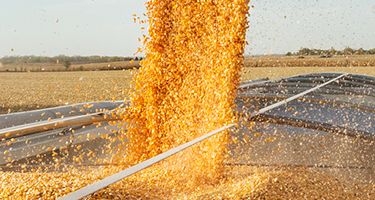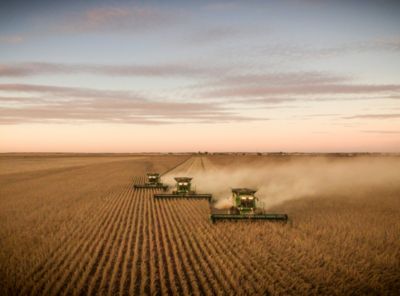ST
My Account

Go Back
- Crops Crops
-
Agronomy
Agronomy
-
Tools & Services
Tools & Services
- Planning Tools
- Calculate Alfalfa Savings
- Calculate Value with HarvXtra
- Canola Seeding Rate Calculator
- Planting Tools
- Planting Rate Estimator
- Plantability Calculator
- Corn Replant Calculator
- Product Catalog Product Catalog
- Yield Data Yield Data
- Offers Offers
PIONEER.COM




